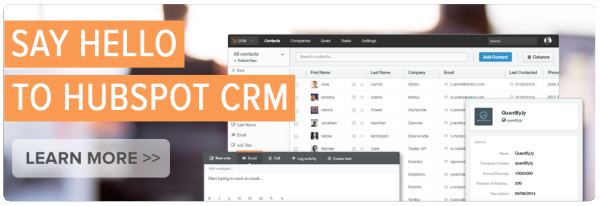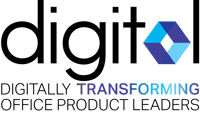The Value of Contact Relationship Management Software

The use of software has become part of our daily lives, both for business and for all other day-to-day routine activities. For a business, it's difficult to imagine an owner attempting to run without, for example, software for its accounting system. However, while small business owners may not give a second thought to implementing accounting software, the same is not so true in terms of the software necessary for effectively managing their customers. I'll strongly argue managing customers is equally as important as managing accounting but, I'm going to take an educated guess that while almost 100% of small business use accounting software, there's probably less than 20% using relationship management (CRM) software suitable for their business.
Most enterprises either fail to deploy a customer relationship management software platform at all, or fail to implement in a way that maximizes its potential. Given that this application should be the primary interface for information about the companies products, its customers, and its sales and marketing activities, the failure to implement, or to implement in an optimal way, is a glaring issue.
Why CRM?
All business data must be organized to display in the CRM platform:
- Accounts receivables
- Sales history
- Contacts & address book
- Customer contact history
- Customer case history
- Digital marketing campaign history
- Sales quotas & budgets
- Customer sales targets
- Sales leads & prospects
- Product catalog
- Sales activity
When implemented correctly, a Customer Relationship Management Platform should become the consolidated and shared resource for information.
Effective deployment means integration with other systems and, once accomplished, permits unprecedented efficiency by organizing all relevant information into one interface for simple recall as well as being the primary input application for real-time recording of all administrative, sales and customer service contact with customers.
Used correctly then, each day the database of customer information expands accruing immense value for the future development of the business. When a customer calls in or a sales person calls out to a customer, all relevant information is available in one place. Customers don't have to repeat what they may have told someone on a previous call. Customer satisfaction is improved and problems are dealt with more quickly and efficiently.
Improved efficiency means reduced operating costs, increased customer satisfaction and improved business performance. These improvements lead to the development of competitive advantages that, over time, help a business to prosper.
It's difficult, expensive and time consuming to win new customers. There's nothing worse than losing a customer because of poor customer service. CRM solutions are available at little to no cost and small business can move a long way up the technology curve by implementing one.
Check-out the HubSpot CRM platform - it's simple to get into and it's guaranteed to be free lifetime!











